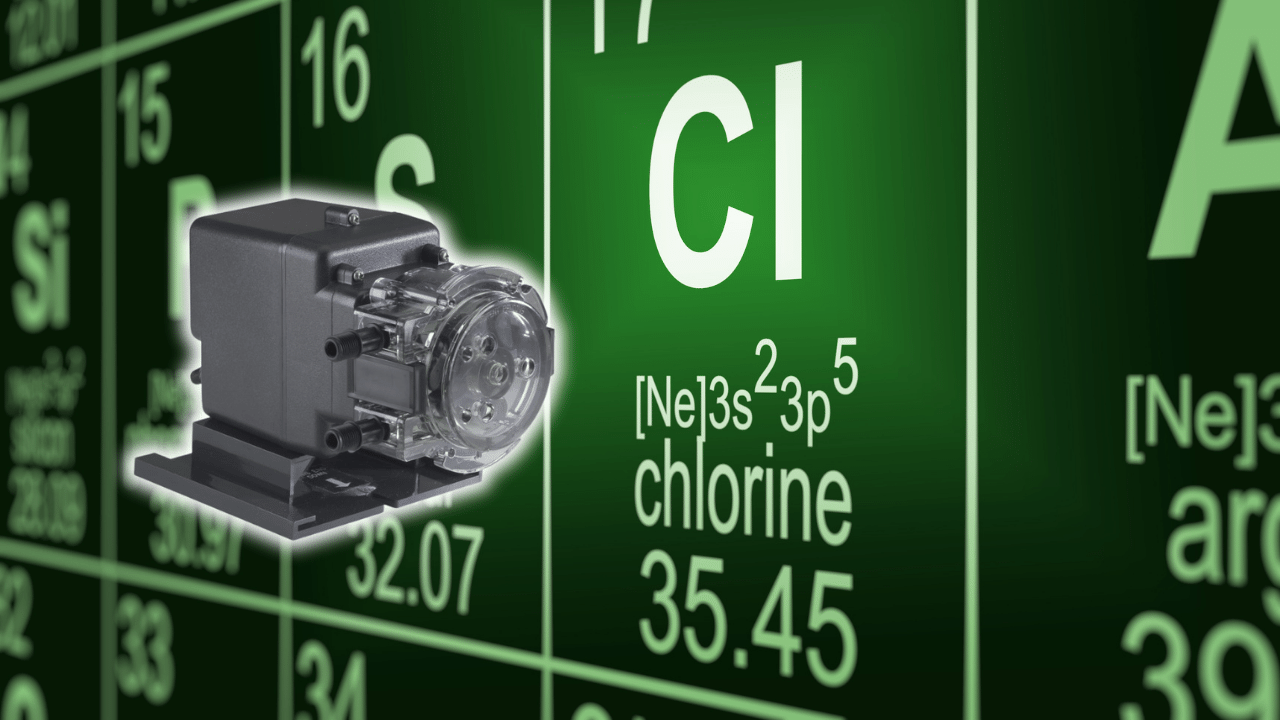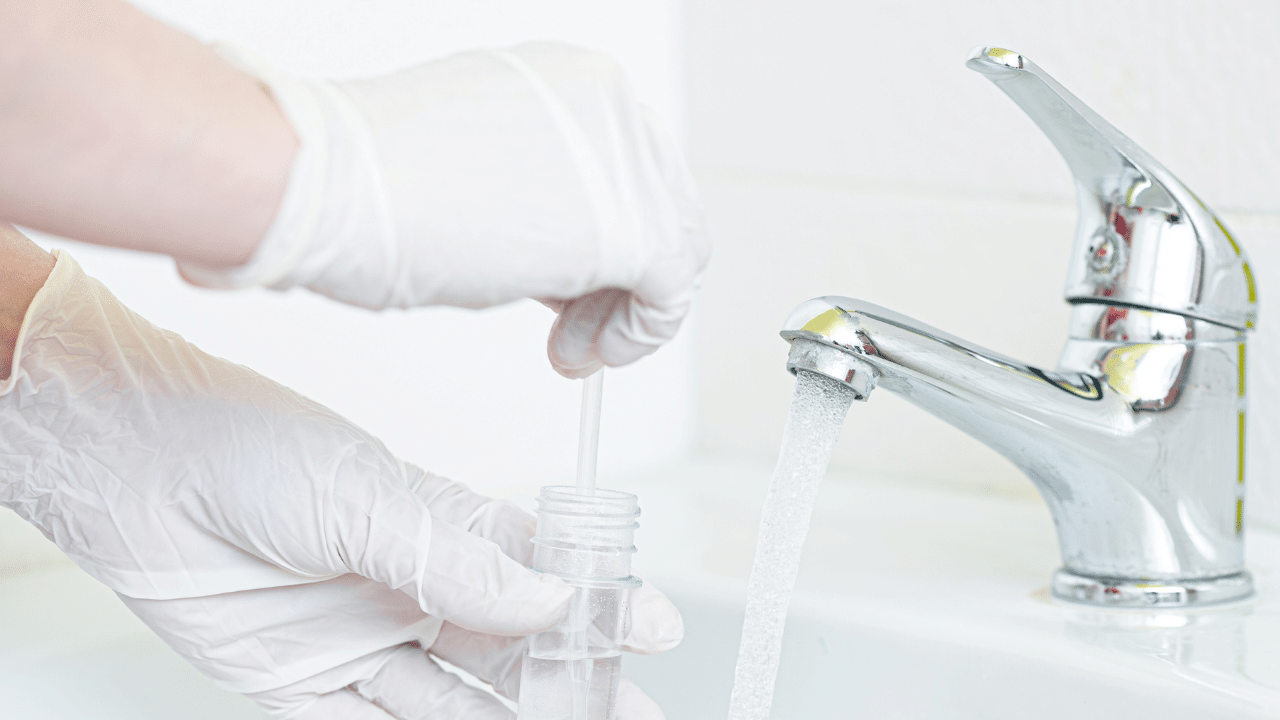Enjoy our Chlorinator in Well Water Softener System in San Antonio Texas
Don’t just dream of pure, soft water, experience it with our innovative Chlorinator in Well Water Softener System. Enhance your quality of life with crystal clear, softened water that cares for your skin, your clothes, and your home. Take the right step towards a cleaner, efficient, and healthier household.
What is a Chlorinator?

You may have heard the term “chlorinator” and wondered, what is it exactly? Well, you’re at the right place to get your answer. A chlorinator is a device that introduces chlorine into water to make it safe for consumption. This piece of equipment plays an essential role in the water treatment process, making it a trusted ally in maintaining clean, safe, and usable water.
Chlorinators have widespread applications. They are used in settings such as swimming pools and water treatment plants, or any environment where water needs to be rendered safe from harmful microorganisms. In essence, a chlorinator is your guardian against waterborne illnesses that could harm you and your loved ones.
How a chlorinator works?
Understanding how a chlorinator works is also crucial to appreciating its significance. The device infuses water with chlorine—a powerful disinfectant—known for its ability to neutralize a variety of harmful organisms. The chlorine mixes with the water, killing bacteria, viruses, and other microorganisms that can cause diseases. The water that leaves the chlorinator is therefore safer, cleaner, and more suitable for use.
Types of Chlorinators
There are different types of chlorinators, including liquid, tablet, and gas chlorinators. Your choice depends on your specific needs, budget, and the size of the water source. But regardless of type, the basic functionality remains the same: to ensure your water is safe for use.
One of the key benefits of a chlorinator is its efficiency. It can handle a large volume of water and ensure uniform distribution of chlorine, making it highly effective in maintaining safe water. Moreover, modern chlorinators are designed with built-in mechanisms to regulate chlorine levels, so you don’t have to worry about over-chlorination.
However, it’s important to note that while chlorinators are a crucial part of water management, they aren’t the sole solution for purifying water. They work best in tandem with other water treatment methods to ensure complete water safety.
In conclusion, a chlorinator is a potent defender against harmful microorganisms in water. It ensures that the water you swim in, drink, or use for other purposes is free from bacteria and viruses. So the next time you dive into a swimming pool or turn on your tap, remember the essential role a chlorinator plays in keeping you safe.
Enjoy our Chlorinator in Well Water Softener System in San Antonio Texas
Many residential water wells require a chlorine bleach injector , also known as a chlorinator, either to kill bacteria, to eliminate odors, pre-treat the water for iron removal, or to treat iron bacteria. Abel has the experience to size, install and explain to you how to operate and maintain. Simple Water Softeners uses only the best equipment in the industry giving you a reliable solution for chemical injection.
Imagine a life without the hassle of hard water, it’s now a reality with our state-of-the-art Chlorinator in Well Water Softener System. Transform your everyday water usage into a luxurious experience, ensuring the longevity of your home appliances and a healthier lifestyle for you.
The importance of a Chlorinator in Well Water Softener Systems

You may wonder why a chlorinator is a significant part of your well water softener system. After all, isn’t the primary job of a water softener system to eliminate hardness minerals like calcium and magnesium? Yes, it absolutely is. However, a chlorinator offers a plethora of other benefits that greatly enhance the overall quality and safety of your water system.
First, let’s get clear on what a chlorinator is. A chlorinator is a device that introduces chlorine into your water source. Chlorine is a powerful disinfectant that is widely used in the water treatment industry. You may associate it with swimming pools, but it plays a vital role in well water softener systems as well.
Now let’s dig deeper into why a chlorinator is crucial for your well water softener system.
-
Disinfection
The primary function of a chlorinator is to disinfect your water. It successfully kills bacteria, viruses, and other microorganisms that can pose a threat to your health. If these potentially harmful organisms are present in your well, they could cause a variety of illnesses, including gastrointestinal issues and other serious conditions.
-
Oxidation
A chlorinator aids in the oxidation of iron, manganese, and hydrogen sulfide, transforming these elements into forms that can be easily removed by filtration. If left untreated, these elements can lead to issues like discolored water, unpleasant odors, and staining of fixtures and laundry.
-
Prevention of Bio-film Formation
Over time, bacteria can form bio-films in your well and plumbing system. These bio-films are not only a breeding ground for harmful bacteria but can also reduce the efficiency of your water softener system. The use of a chlorinator helps to prevent this.
-
Enhanced Taste
Contrary to what you might think, a chlorinator can actually improve the taste of your water. While excessive amounts of chlorine can have a strong taste and odor, the right amount can make your water taste cleaner and more refreshing.
In conclusion, a chlorinator does more than just introduce chlorine into your well water. It plays a vital role in ensuring that your water is safe to drink, free from unwanted minerals and elements, and tastes good. So, when you’re considering a well water softener system, remember to give the chlorinator the importance it deserves. It might seem like a small addition, but it can have a big impact on the quality of your water.
Financing Available with Approved Credit for all of Our Chlorinator in Well Water Softener System!
Step into the future of home water systems with a well water softener equipped with a chlorinator. Elevate your lifestyle, enhance your health, and secure the longevity of your plumbing all at once. It’s more than a purchase, it’s a commitment to quality living.
- Oxidize iron, manganese for easier filtration
- Kill harmful coliform and ecoli bacteria
- Eliminate sulfur (hydrogen sulfide) odors
Difference Between a Chlorinator and Other Well Water Pretreatment Systems

You, as a well-informed consumer, might be considering various water pretreatment options for your well water. However, understanding the differences between various systems can feel overwhelming. Hence, let’s focus on one particular pretreatment system: the chlorinator and how it differs from other well water pretreatment systems.
A chlorinator, as the name suggests, is a water pretreatment system that utilizes chlorine to purify water. You can easily visualize it as a chlorine distribution system. This device feeds chlorine into your well in a calculated dose, neutralizing bacteria, viruses, and other harmful microorganisms that might be present in your water.
Unlike other pretreatment systems, the chlorinator targets not just groundwater pollutants but also iron, manganese, and hydrogen sulfide. The chlorine converts these elements into particles, which are then removed by filtration. If your water carries a heavy load of these contaminants, a chlorinator might be your best bet.
In contrast, a UV disinfection system relies on ultraviolet light to purify the water. This is an efficient method of eliminating bacteria and viruses but falls short in dealing with chemical pollutants. Similarly, a reverse osmosis system is superb for removing chemical contaminants, but it can’t handle large concentrations of iron and other larger particles.
While a water softener can help with hard water, it does not purify or disinfect it. Hence, if your primary concern is to ensure a bacteria-free and chemically neutral water supply, a chlorinator may be your optimal choice.
Another major distinction lies in maintenance and overall costs. General maintenance of a chlorinator includes checking chlorine levels and refilling as necessary, which can be done easily by you. However, UV systems require regular bulb replacements, and reverse osmosis systems need frequent filter changes.
In terms of cost, a chlorinator might be a more budget-friendly option upfront compared to a reverse osmosis system or a UV disinfection system. However, you must consider the ongoing costs of chlorine, which can add up over time.
Finally, when it comes to environmental impact, the chlorinator does have a slight disadvantage. The process of creating chlorine entails environmental pollution. Also, chlorine-treated water can be harmful to aquatic life if drained directly into a body of water. On the other hand, UV and reverse osmosis systems have less environmental impact, given that they don’t introduce chemicals into the water.
In summary, while a chlorinator provides an effective solution in terms of water purification and cost, it’s essential to evaluate your specific needs and concerns before deciding on a specific pretreatment system. Always remember, the key is to find a balance that suits your water quality, budget, and environmental consciousness.
Request a Free Estimate Today for Your Chlorinator in Well Water Softener System in San Antonio Texas
Please use the form below to request a free estimate and we’ll be back in touch with you as soon as possible. Alternatively you can give us a call at (210) 960-2555 for immediate Pricing and scheduling.


